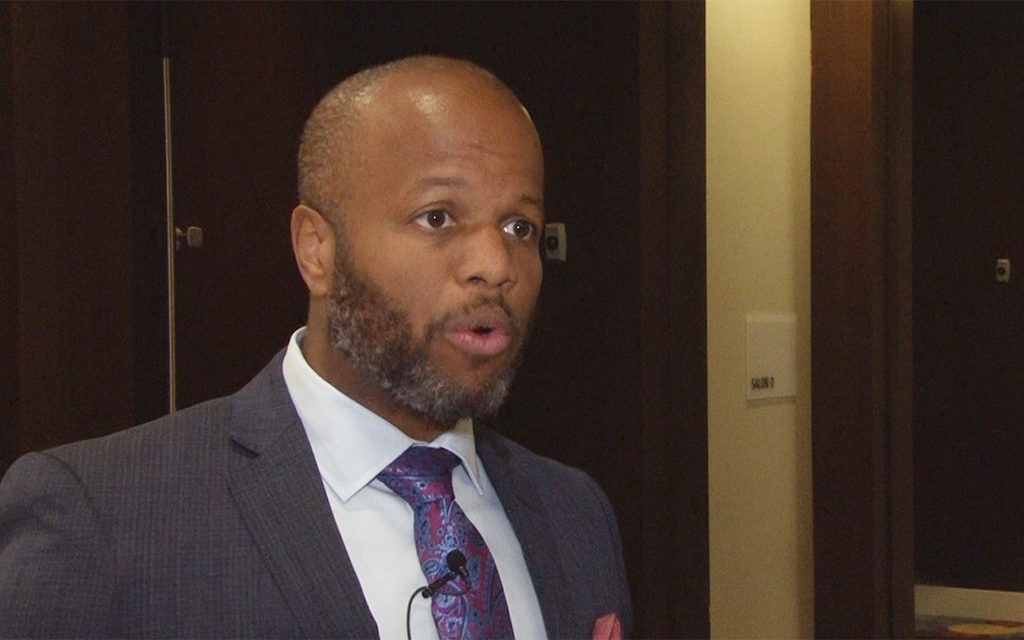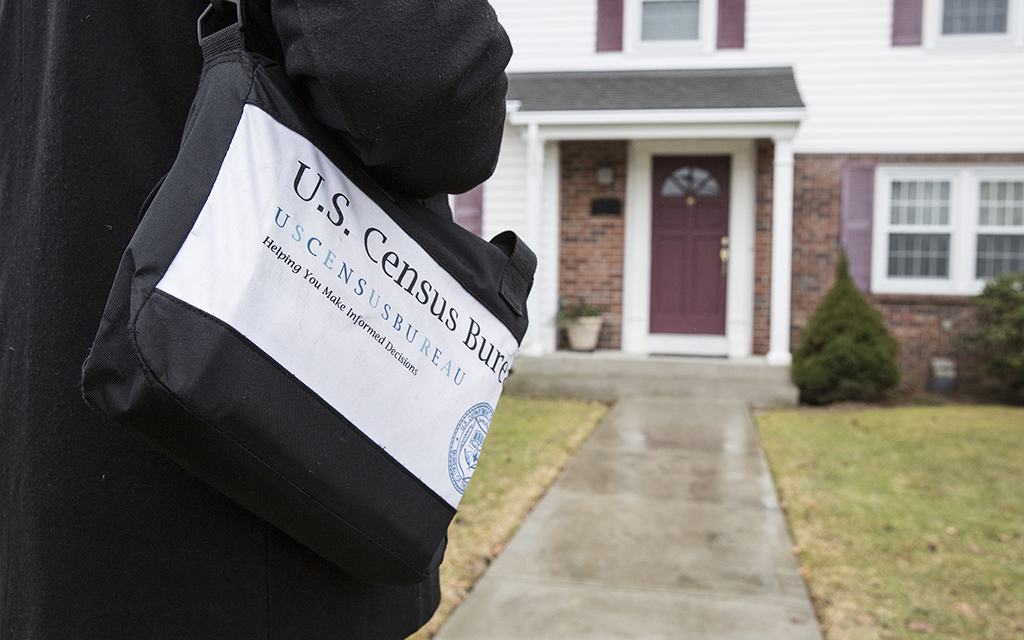WASHINGTON – Tempe was one of 16 cities invited to Washington this week for a Labor Department “academy” to help local governments learn how to overcome challenges with the implementation of the “once in a generation” Bipartisan Infrastructure Law.
The two-day “Good Jobs, Great Cities Academy,” co-sponsored by the National League of Cities, was aimed at helping local officials find solutions to labor shortages that could prevent workers from doing the jobs that will come with the bill.
“It’s a historic opportunity, but it’s also a historic challenge,” said Neera Tanden, a senior adviser to President Joe Biden in opening remarks Tuesday. “And that challenge is that if we don’t have workers filling these jobs, then these investments will not work. That’s just the bottom line.”
Tempe Mayor Corey Woods called participation in the academy an economic opportunity for his city, giving officials a look at what workforce developments are necessary to prepare for the “jobs of the future.”
Woods said connecting traditionally underserved populations to job opportunities was a main focus of the conference, which touched on topics including child care, reliable transportation and fair hiring practices.
“It’s about trying to bring in groups that have not always had a lot of traditional access to some of these jobs that we were talking about,” Woods said Wednesday. “This is a really critical initiative to make sure that we are serving all of those groups, leveling the playing field, and just sort of making sure the Tempe is well-positioned for the future.”
Woods said a lack of affordable housing in Tempe is one critical issue that has prevented workers from getting jobs in the city. A recent city housing inventory indicated an additional 11,000 housing units will be needed in Tempe by 2040 to keep pace with current demand.
“Housing is clearly a critical issue,” Woods said. “If people cannot afford housing in your community, you’re not going to be able to maintain that diverse workforce and population.”
Accelerating the growth of Tempe’s affordable housing stock and preserving existing affordable housing are priorities for the city, Woods said.
The mayor was joined by a team of city representatives in areas including education, climate management and economic development.
Michael Bartlett, a program manager for the National League of Cities, said the academy was created in response to concerns that there are not enough workers in the current workforce to fill the range of jobs expected to come with the infrastructure projects in the bill. Research conducted by the league before the passage of the law found infrastructure jobs take roughly 20-30% longer to fill than jobs in other sectors.
“We’re coming into a place where there’s already a lot of hiring challenges,” Bartlett said. “Similarly, we know that the current workforce building our infrastructure is older than the average American.”
Bartlett cited a league survey in which mayors and city leaders said workforce development is a main concern. That, along with the gap between where the workforce is now and where it needs to be, inspired the creation of the Good Jobs, Great Cities program, he said.
Tempe was selected to attend, after a “competitive application process,” because of its innovative community vision, which was part of the selection criteria.
“I think cities learned from other cities,” Bartlett said after the academy ended Wednesday. “The big takeaways are the power of city leaders to convene to bring people together and and to engage the power of knowing resources that are out there at the federal level.”


